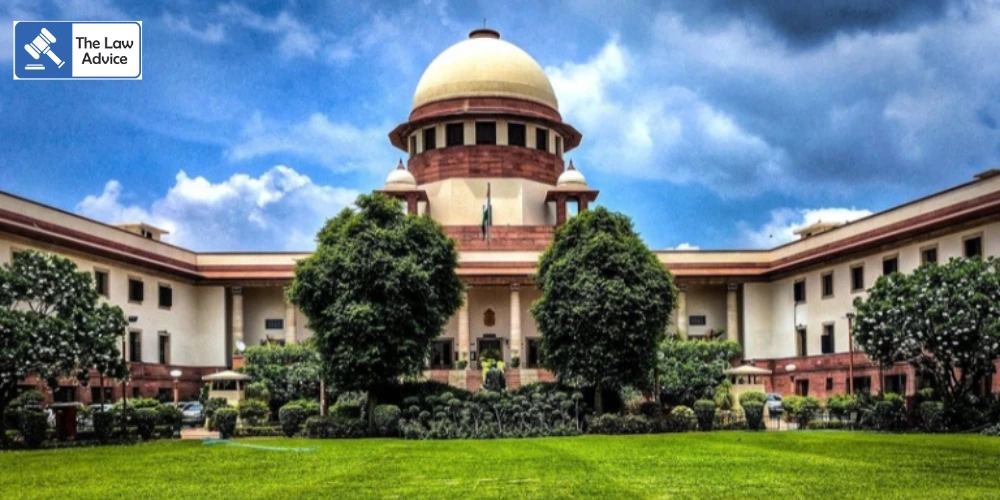
The Supreme Court on Wednesday expressed deep concern over the persistent and undue delay in framing of charges in criminal trials, despite a clear statutory mandate under Section 251(b) of the Bharatiya Nagarik Suraksha Sanhita (BNSS) requiring that charges in cases exclusively triable by a Sessions Court be framed within 60 days of the first hearing.
Calling such delays a “major cause of stagnation” in the criminal justice process, the Court said it was of the considered opinion that nationwide directions may be necessary to ensure compliance with the law.
A Bench of Justice Aravind Kumar and Justice N.V. Anjaria made these observations while hearing a bail plea in which the accused had remained in custody for nearly two years without charges being framed. The petitioner was booked under Sections 309(5), 109(1), 103, and 105 of the BNSS, and Section 27 of the Arms Act.
“Why Take Years to Frame Charges?” – Supreme Court Questions Delay
During the hearing, Justice Aravind Kumar questioned the recurring delays in both civil and criminal cases across the country. He remarked:
“Why take years and years to frame charges? In civil cases, issues are not framed, and in criminal cases, charges are not framed. We want to know what the difficulties are—or we will issue directions for all courts across the country. We propose to do it.”
The Bench emphasized that framing of charges marks the formal commencement of trial, and until this stage is completed, proceedings remain stalled. The Court noted that this pattern of delay has become widespread and systematic, defeating the purpose of speedy justice.
To address the issue comprehensively, the Bench appointed Senior Advocate Siddharth Luthra as Amicus Curiae to assist the Court in identifying systemic causes and possible remedial directions. The Bench also sought the assistance of the Attorney General for India, indicating its intent to formulate pan-India guidelines to streamline and expedite the process.
The Court recorded the appearance of the State of Bihar’s counsel, who also supported the framing of uniform guidelines, pointing out that substantial delays often occur between the filing of the chargesheet and the actual framing of charges by trial courts.
In its order, the Supreme Court noted:
“We have noticed, time and again, that charges are not being framed even months or years after the filing of the chargesheet. This is one of the primary reasons for the delay in trials. Until charges are framed, the trial cannot commence. This situation appears prevalent across several courts, and we are of the considered opinion that certain directions need to be issued pan-India in this regard.”
The Bench permitted the petitioner’s counsel to serve a copy of the order to the Attorney General of India and directed that the matter be relisted after two weeks for further consideration.
Background: Section 251 BNSS – Statutory Time Limit for Framing Charges
Section 251(b) of the BNSS, 2023 mandates that in cases exclusively triable by a Sessions Court, the framing of charges must occur within 60 days from the first hearing on the charge. The provision aims to ensure expeditious initiation of trial proceedings, preventing prolonged incarceration of accused persons and undue pendency of cases.
Despite this, the Court observed that the provision is routinely ignored, leading to long detentions and procedural paralysis, undermining the constitutional right to a fair and speedy trial under Article 21.
Case Title: Aman Kumar v. State of Bihar
Case No.: SLP (Crl.) No. 8437 of 2025
Website designed, developed and maintained by webexy